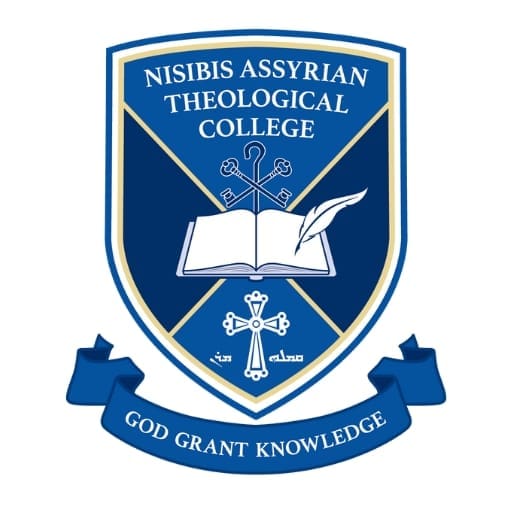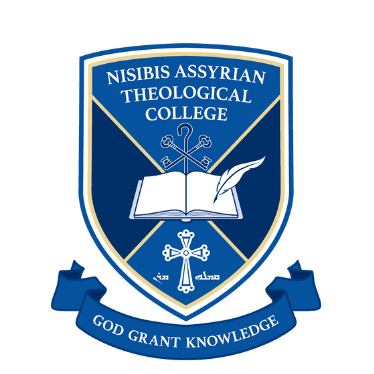Unit code L7221
Unit name Eastern Christian Hymnology
Unit weighting 9 cp
Exclusions L7220 Music in Worship
Curriculum objective This course unit develops the theology and liturgical practices of hymnody in worship and theology.
Learning outcomes At the end of this unit students will be able to:
- demonstrate sound knowledge of the historical development of hymnology
- demonstrate a clear understanding of various hymnological concepts
- analyse hymns in terms of theological content, poetical form and musical structure
- interpret hymns in their liturgical setting
- display an appreciation of the beauty and aesthetics of hymnology
Content
- The historical development of hymnology: early Christian origins, Aramaic sources and development; Coptic sources and creativity Byzantine creativity
- The diachronic importance of the Psalter
- Patristic commentary on the ethos and theology of hymnology
- Logos and melos: the interplay of words and music
- Poetical forms: antiphons, alphabetic acrostics, kontakia, canons and other troparia
- The invention of the liturgical musical systems and the stages in its development
- Personalities: St Romanos the Melodist, St John of Damascus, and the Studites
Assessment profile In this unit, the required assessment tasks will enable students to demonstrate how successfully they can
- Engage critically with primary and secondary sources [Outcomes 1, 2, 3]
- Identify and analyse the hymnological, poetic, and/or musical aspects of a body of hymnal text [Outcomes 2, 3, 5]
- Interpret and communicate the key concepts and ideas conveyed by selections of hymnology [Outcomes 3, 4, 5]


